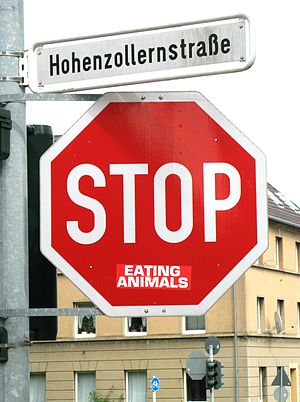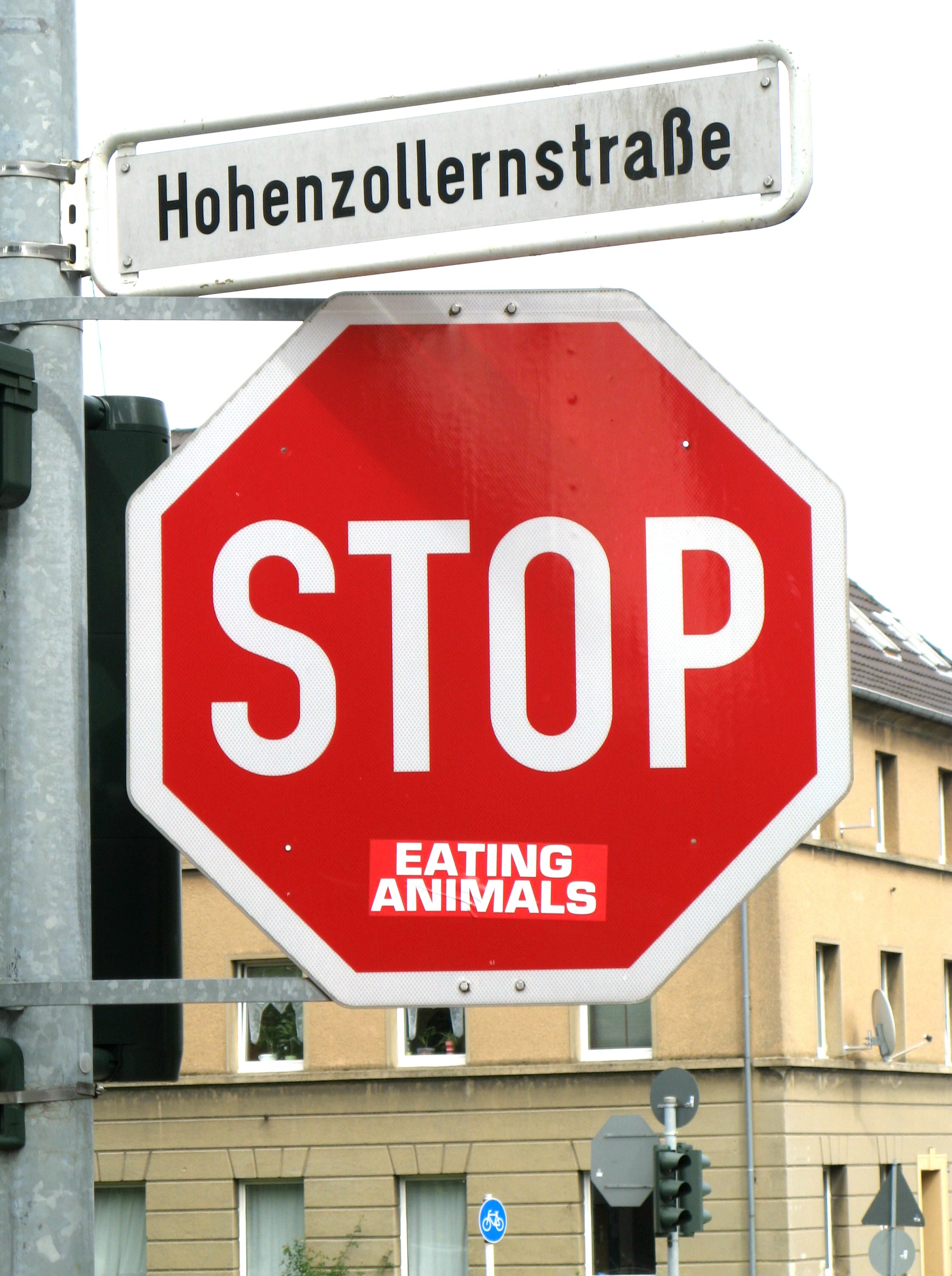
Despite recent popularity, vegetarianism is time honored practice with origins in ancient Greece and India. The broad term “vegetarian” encompasses different varieties such as ovo-lacto vegetarian (which includes animal/dairy products such as eggs, milk, and honey), raw veganism (only fresh and uncooked fruit, nuts, seeds, and vegetables), and fruitarianism (only fruit, nuts, seeds, and other plant matter).
There are many reasons one would decide to become a vegetarian. Often health concerns and food allergies make it safer to reduce varieties of food consumed. Many seek to avoid animal products and derivatives due to concerns over animal cruelty and comparative costs. Many see environmental reasons to avoid meat, such as the inefficiency and wastefulness of the meat industry.
There are documented health benefits associated with being a vegetarian such as improved heart health, lower body mass index, and benefits in the prevention and treatment of certain diseases. However vegetarians need to make sure they eat varieties of foods to ensure their amount of iron, protein, and vitamin B12 are maintained.
Environmental vegetarianism is concerned that the product of meat and animal products for mass product is unsustainable. Factory farming and the livestock industry is one of the largest contributors to air and water pollution, land degradation, climate change, and loss of biodiversity on a local and global scale. Animal agriculture is responsible for 18% of the world’s greenhouse gas emissions. In the US alone, livestock sources (enteric fermentation and manure) amount for 3.1 percent of anthropogenic greenhouse gas emissions. In order to lessen individual impact, many are adopting vegetarian diets and running campaigns such as Meatless Mondays and Vegetarian Awareness Month.
If you are a vegetarian, you are not alone. Vegetarianism is on the rise in the United States and about 3.2% (7.3 million people) of Americans are vegetarian and 0.5 % are vegan. Another 10% say they follow a vegetarian inclined diet. This means that all over the country restaurants, grocery stores, cafes, and other eateries are providing vegan and vegetarian options. It is easier than ever to be healthy and avoid supporting the livestock industry. Consider becoming vegetarian today.
By Alanna Scheinerman, Class of 2013
Related articles





I am a vegeterian for one year now and I can certainly tell that I’m feeling more active and also more motivated since I stopped eating meat.
Thanks forsharing your insight and keep up the good work.